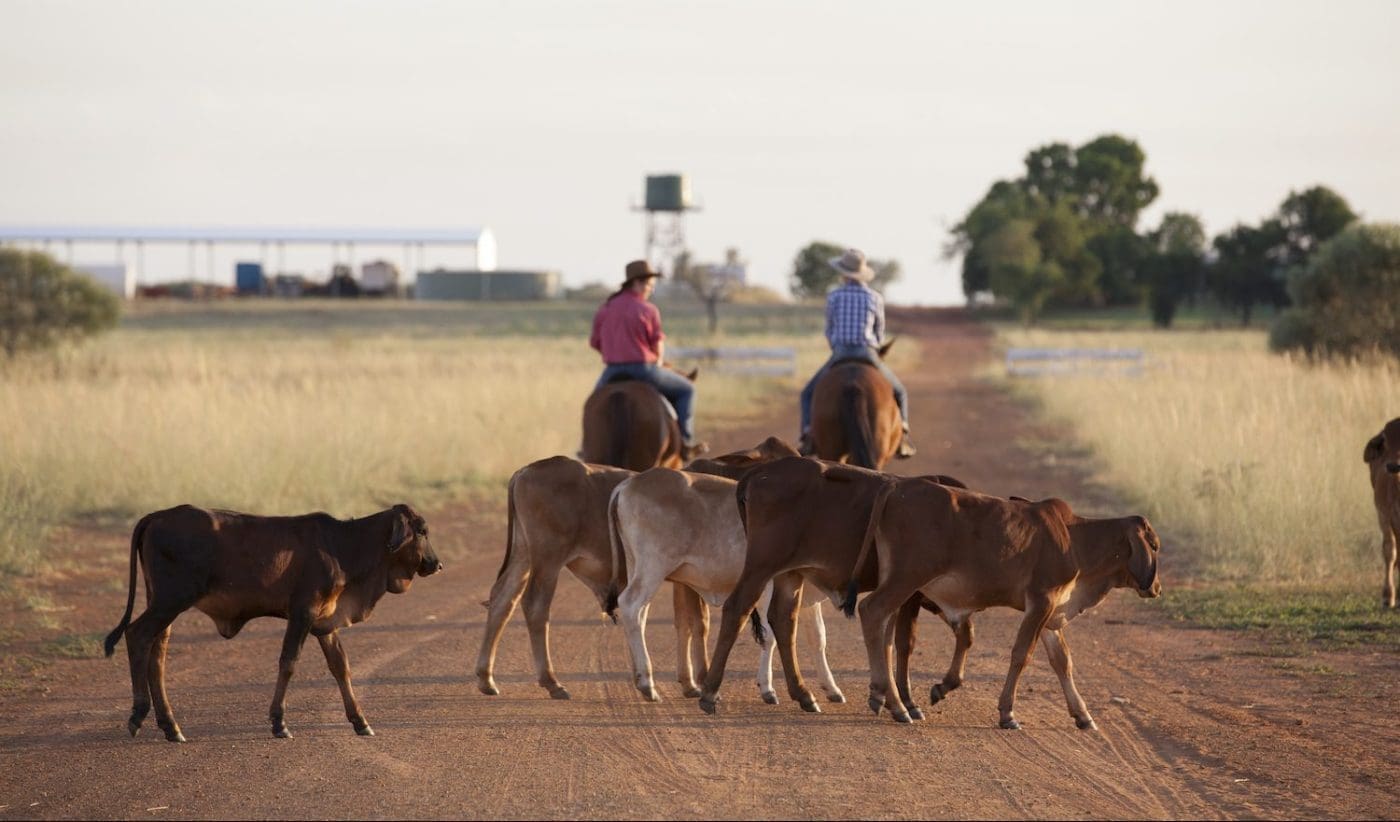A need to enhance global efforts to communicate the sustainability of livestock production and the nutritional value of meat has been expressed at a summit of 200 global scientists and experts in Denver, Colorado, held overnight Australian-time.
In Central Queensland, one of Australia’s most productive cattle producing regions, cattle producers recently visited by Beef Central say they fully support the push for greater communication initiatives.
But they also believe the “shackles must be removed” on how their own levies can be used in order to mount a stronger defence of the industry in the face of continual public attacks from environmental groups.
At the heart of their concerns are what they see as double standards in rules preventing the livestock sector from using levies for lobbying, because levy funding is handled through Government, while environmental groups which receive direct Government funding face no restrictions and are free to actively advocate directly against the industry.
“The crazy part for me is as an industry we have said we can’t use our own levy for lobbying purposes, because we have a relationship with the Commonwealth Government on research and development,” Clermont producer Josie Angus told Beef Central on a recent visit to Central Queensland.
“Yet organisations which have any number of Government funded projects on their books, and act as quasi government agencies in different areas, and also have charity status, are given free rein.
“Why is it that we have taken this moral ground with our own levies and say because of this research and development relationship there is no way we can use our funds for lobbying, when on the flip side the guys lobbying against us have a similar relationship with Government, yet can use as much money as they want and advocate against us as much as they want.”
“There is a double standard.”
Cattle producers in Australia pay a compulsory $5 per head transaction levy, which goes towards funding marketing, research and development, and other activities on behalf of the industry.
The largest chunk of the levy ($3.66) goes towards marketing, with the balance directed to research and development (92c – the funds raised from this component are also matched dollar-for-dollar with Government funding), National Residue Testing (29c) and Animal Health Australia (13c).
The marketing component last year generated $101 million for industry marketing, market access and insights according to Meat & Livestock Australia’s 2023-24 annual report.
There have been previous calls for levies to be used to fund industry advocacy activities but those calls have been largely rejected by previous Federal Agriculture Ministers, on the grounds it would destabilise broader red meat industry structures and make producer representative organisations beholden to the Federal Government, because under legislation compulsory levies are classified as tax proceeds and therefore are deemed to be Government funds.
This has also led to alternative proposals for Australian producers to pay a voluntary levy over and above the compulsory $5 transaction in order to fund industry leadership and public awareness campaigns.
While Government Ministers have argued against cattle producers using their own levies to fund campaigns defending their industry, producers point out that no similar restrictions appear to be applied to groups which receive direct Government-funding and also publicly advocate against the livestock sector.
World Wildlife Fund Australia, for example, a registered charity, receives about $7 million or 15 percent of its total annual income from Government grants, and regularly has public campaigns criticising the livestock sector.
Joanne Rea, a central Queensland cattle producer and board member of Property Rights Australia, has long studied the campaigns of environmental NGOs (non-Government organisations) such as the WWF against agriculture.
She said such groups have a clear agenda to control how agricultural commodities are produced, use selective science to prosecute their arguments while ignoring any data or evidence to the contrary, and spend a lot of money on disciplined campaigns to mobilise public support.
They also often use emotional messages to win support while also co-opting celebrities, politicians, organisations and other influencers to help amplify their campaigns.
In the deforestation debate such groups had doubled down on criticising the beef industry “while studiously avoiding the genuine deforestation for renewables”, she said.
Josie Angus said the industry needs to be able to communicate the importance of agricultural land to feed the growing populations of the world.
“There is also a double standard here in that these are organisations that don’t believe humans are part of nature.
“This is where the debate about agricultural land use comes in, because if there are people who don’t believe that there is a necessity somewhere for agricultural land use, we need to call that out at some point.
“For those people who don’t agree with that concept you’re in the terrorist class because you don’t believe in humankind.”

